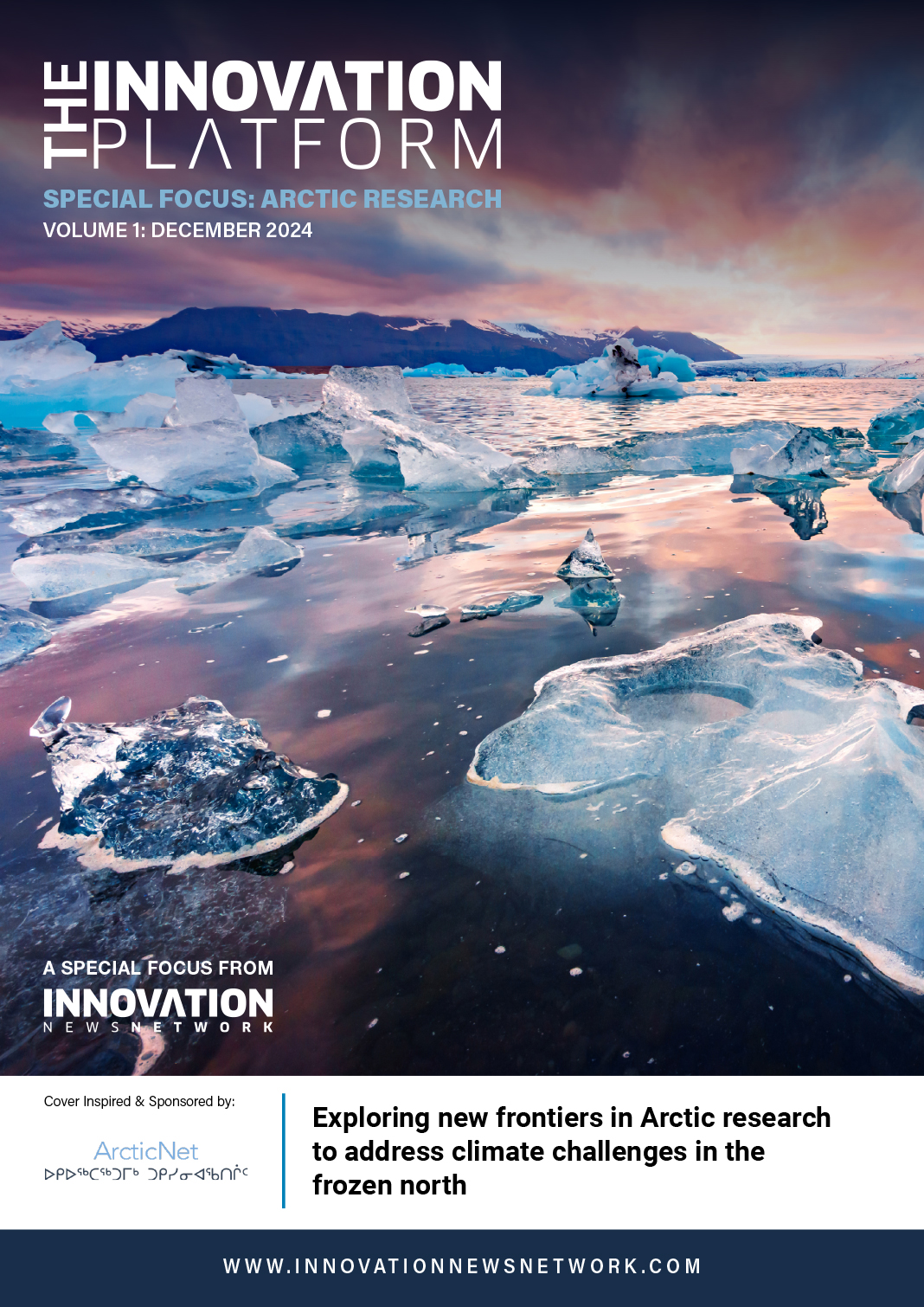The Arctic is experiencing some of the most rapid climate change on Earth. Temperatures in this region are rising at roughly three times the global average.
Key signs of this change include rising temperatures, ecosystem disruptions, and permafrost thawing, which impacts both wildlife and biodiversity.
Therefore, enhanced resilience and in-depth Arctic research are crucial for understanding both local and global implications of climate change.
This is important for the region and the planet. It informs global policies and adaptation strategies, making it a cornerstone of climate science.
With Arctic research, we can monitor the rising of sea levels, the health of ecosystems and predict future climate scenarios.
This special focus publication deep dives into the Arctic’s role in global climate change, highlighting how research is being enhanced and how it can continually be improved.
The current state of the Arctic and its role in global climate change
The first article in the eBook explores the current state of the Arctic and how trends have changed over recent years.
The Arctic, often referred to as the Earth’s ‘canary in the coal mine’ for climate change, is experiencing dramatic transformations as global warming intensifies.
These rapid changes are driving significant environmental shifts, from declining sea ice to thawing permafrost, with far-reaching consequences for the planet.
The Arctic’s dramatic changes are a stark reminder of the urgency of addressing climate change. As sea ice retreats, permafrost thaws, and ecosystems shift, the need for global collaboration and immediate action becomes increasingly clear.
The importance of scientific and Indigenous collaboration
Elsewhere in the eBook, ArcticNet details how it is working to advance Arctic research, strengthen relationships with Indigenous communities, and cultivate the next generation of Arctic expertise.
The integration of different disciplines and knowledge systems is critical for addressing these complex issues comprehensively. Focusing on just one aspect can miss key pieces of the puzzle.
Indigenous perspectives have always taken a holistic approach to ecosystems, examining the interconnectedness of elements within them. Science has traditionally been siloed by discipline, but ArcticNet embraces the idea that multiple disciplines are needed to fully address these complex systems, particularly in Arctic research.
Achieving a perfect partnership and integration of these knowledge systems would help policymakers better understand the changes happening in the Arctic.
Can current mitigation measures be improved?
The final article highlights some of the current policies already attempting to mitigate Arctic climate change and if improvements need to be made.
Worldwide policies and initiatives to combat Arctic climate change include:
- The EU Climate policy, which aims to reduce greenhouse gas emissions and promote renewable energy sources in the Arctic.
- Arctic Council Strategic Plan, which promotes conservation and sustainable use of the Arctic marine environment.
- WWF Arctic, which advocates for Arctic states to establish Arctic Marine Protected Areas (MPAs) and Other Effective Area-Based Conservation Measures (OECMs).
Despite these measures, there is still a long way to go in combating Arctic climate change.
To combat Arctic warming, we need an integrated, global approach to policy that includes both mitigation and adaptation strategies.
Strengthening international agreements, transitioning to renewable energy, protecting Arctic ecosystems, supporting Indigenous communities, and addressing black carbon and methane emissions are all critical components of this effort.


